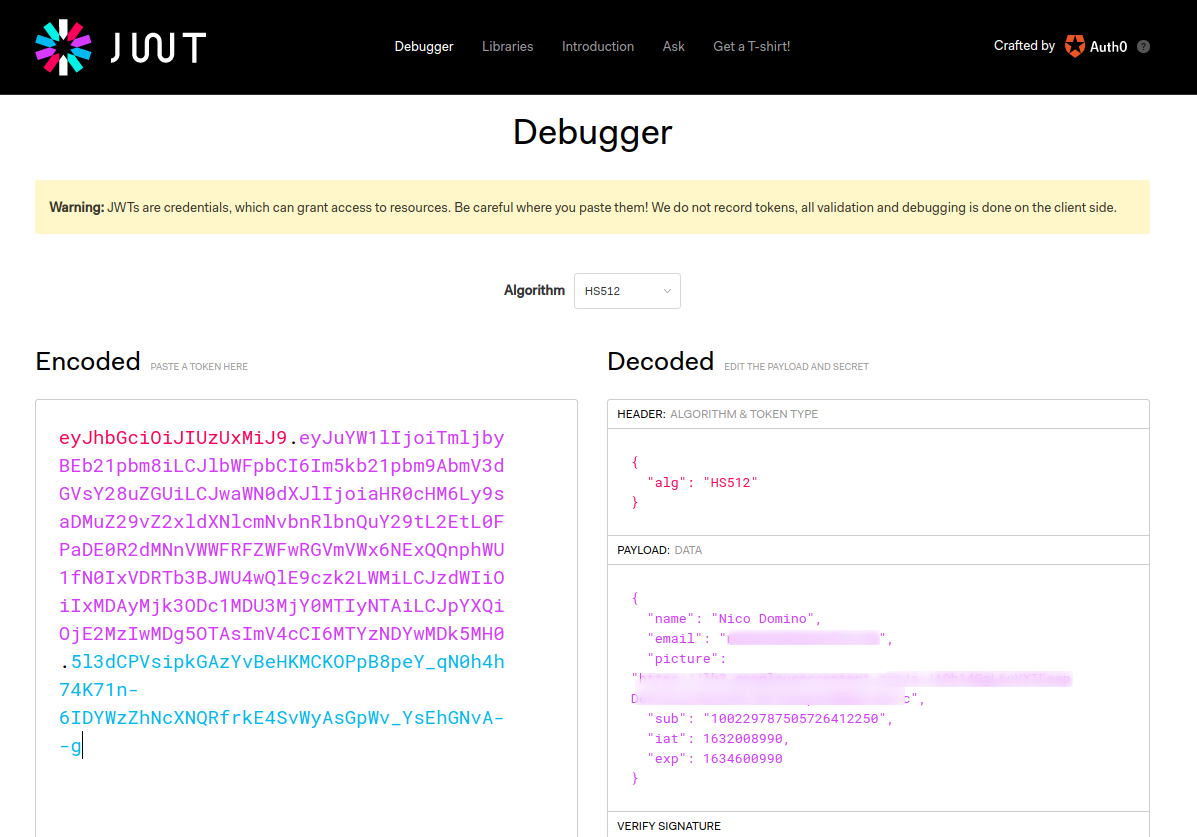- I have a NextJS page where I try to implement Next-Auth.
- I use credentials to login to my Rails API.
- My API is returning (already) a JWT-Token. (so NextAuth must not create it)
How to implement the Provider.Credentials for [...nextauth].js in that case?
Flow "Diagram"
Next request ---> Next API (with Next-Auth) ---> Rails API (returning Token)
At the momemt I have these options:
providers: [
CredentialsProvider({
name: 'Email',
credentials: {
email: { label: "Email", type: "email", placeholder: "[email protected]" },
password: { label: "Passwort", type: "password" }
},
async authorize(credentials) {
// The 'url' is pointing to a Rails API endpoint which returns a JWT Token
const url = `${process.env.NEXT_PUBLIC_API_URL}/auth/login`;
const res = await fetch(url, {
method: 'POST',
body: JSON.stringify(credentials),
headers: {
"Content-Type": "application/json" }
})
const user = await res.json()
// If no error and we have user data, return it
if (res.ok && user) {
// I SAW EXAMPLES RETURNING {"email": "[email protected]"}
return user // MY CONTENT {token: 'eyJhbGciOiJIUzI1NiJ9.eyJ1c2VyX2lkIjo0LCJyb2xl…0.OAGiwjj9O_NsH02lIjA2D4HYZkmTQ3_SqtKcVgaIul0'}
}
// Return null if user data could not be retrieved
return null
}
})
]
}
A session_token is set in the browser, but that content is something (random?) what I dont have set. Where does this content come from if not from my token?
My Rails API Token Content:
{
"user_id": 4,
"roles": [
"user"
],
"exp": 1631096219
}
Next-Auth API Token Content:
{
"iat": 1631009819,
"exp": 1633601819
}
Do I have to decode my API token and reassamble that within the Provider.Credentials function?
I implement Next-Auth to provide more Authentications like Twitter and Co, but as well to make use of "useSession" instead of building everything of my own (Wont reinventing the wheel).

